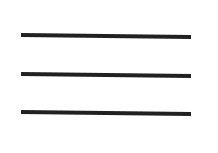


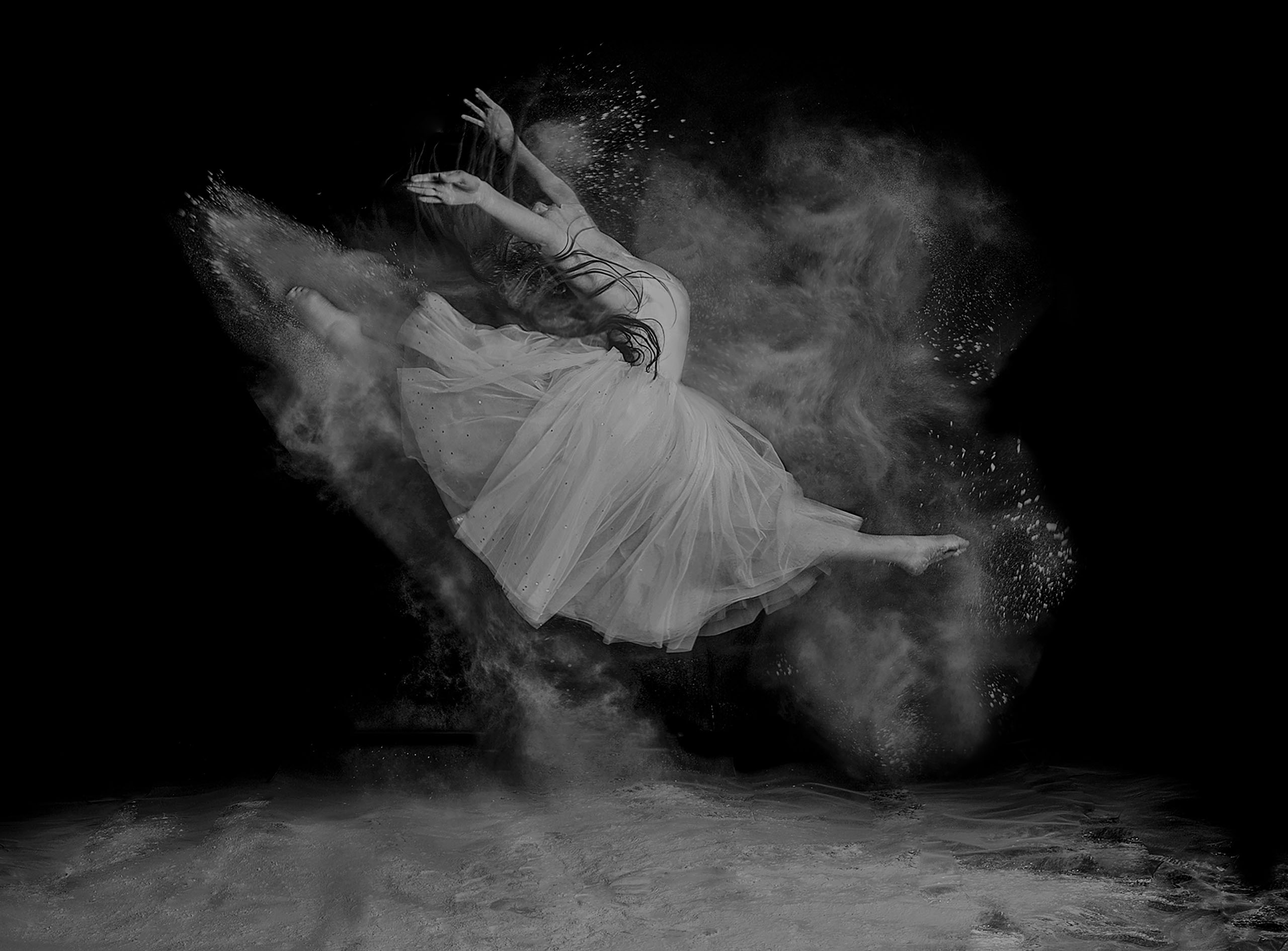
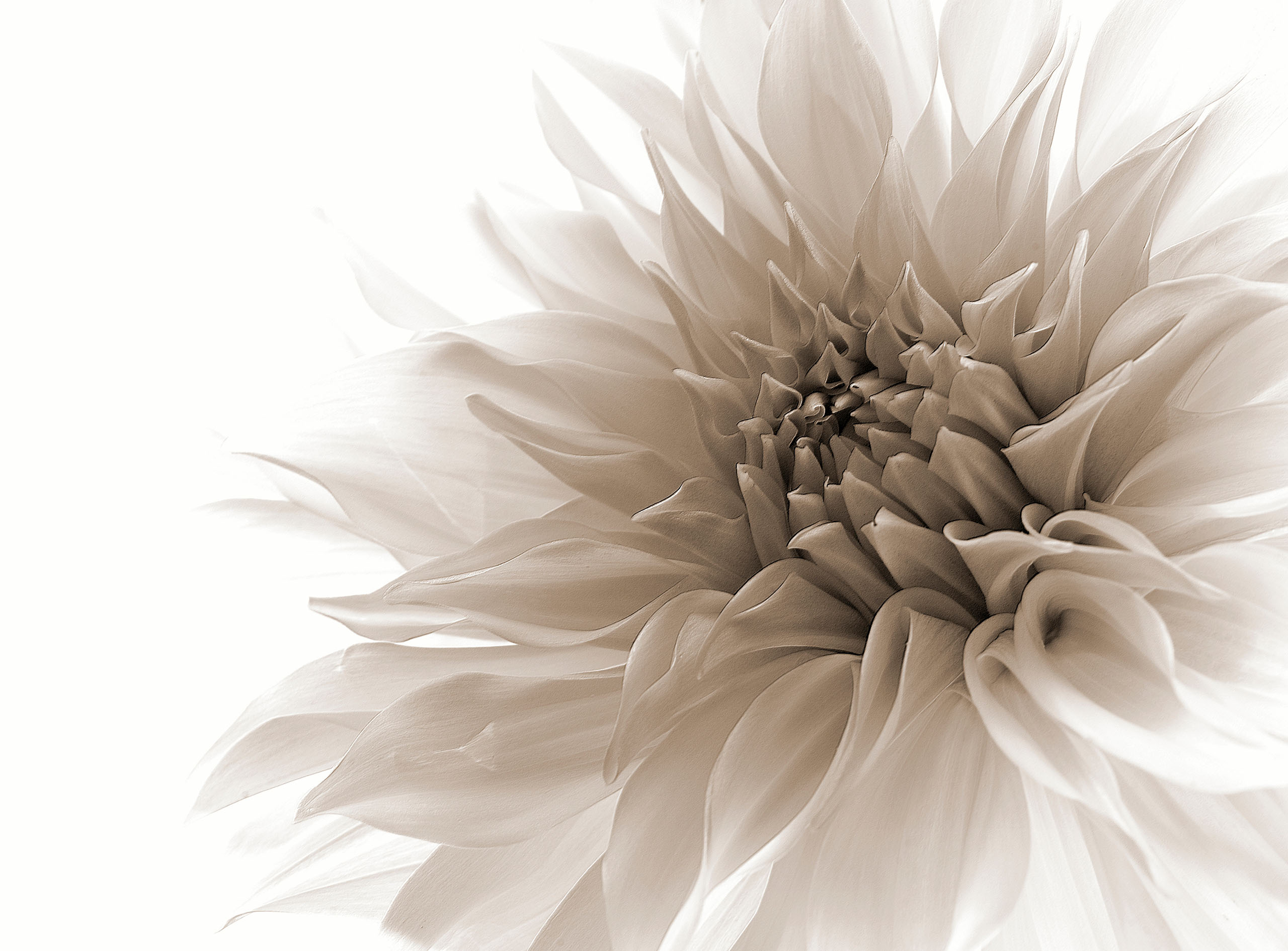
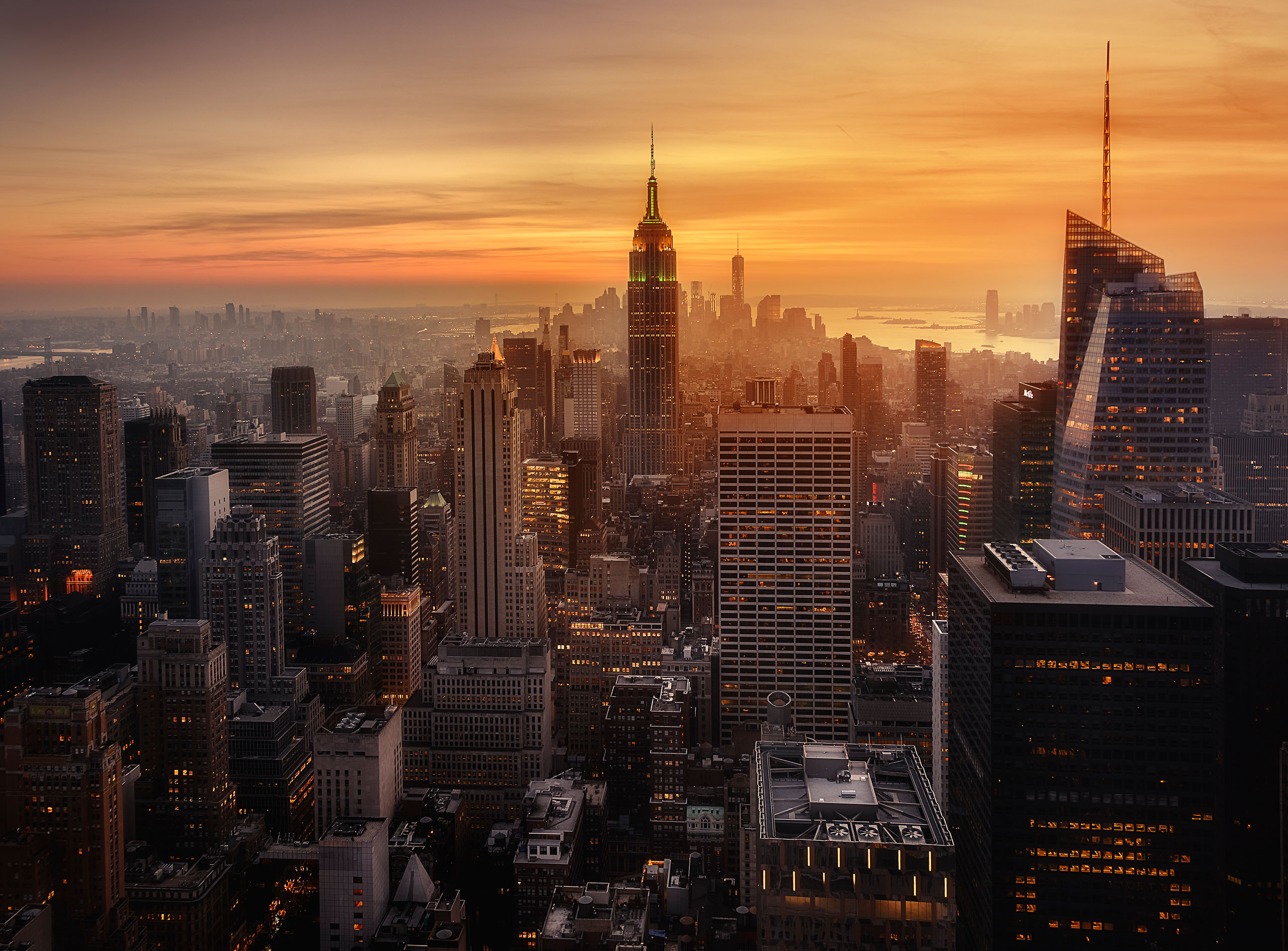
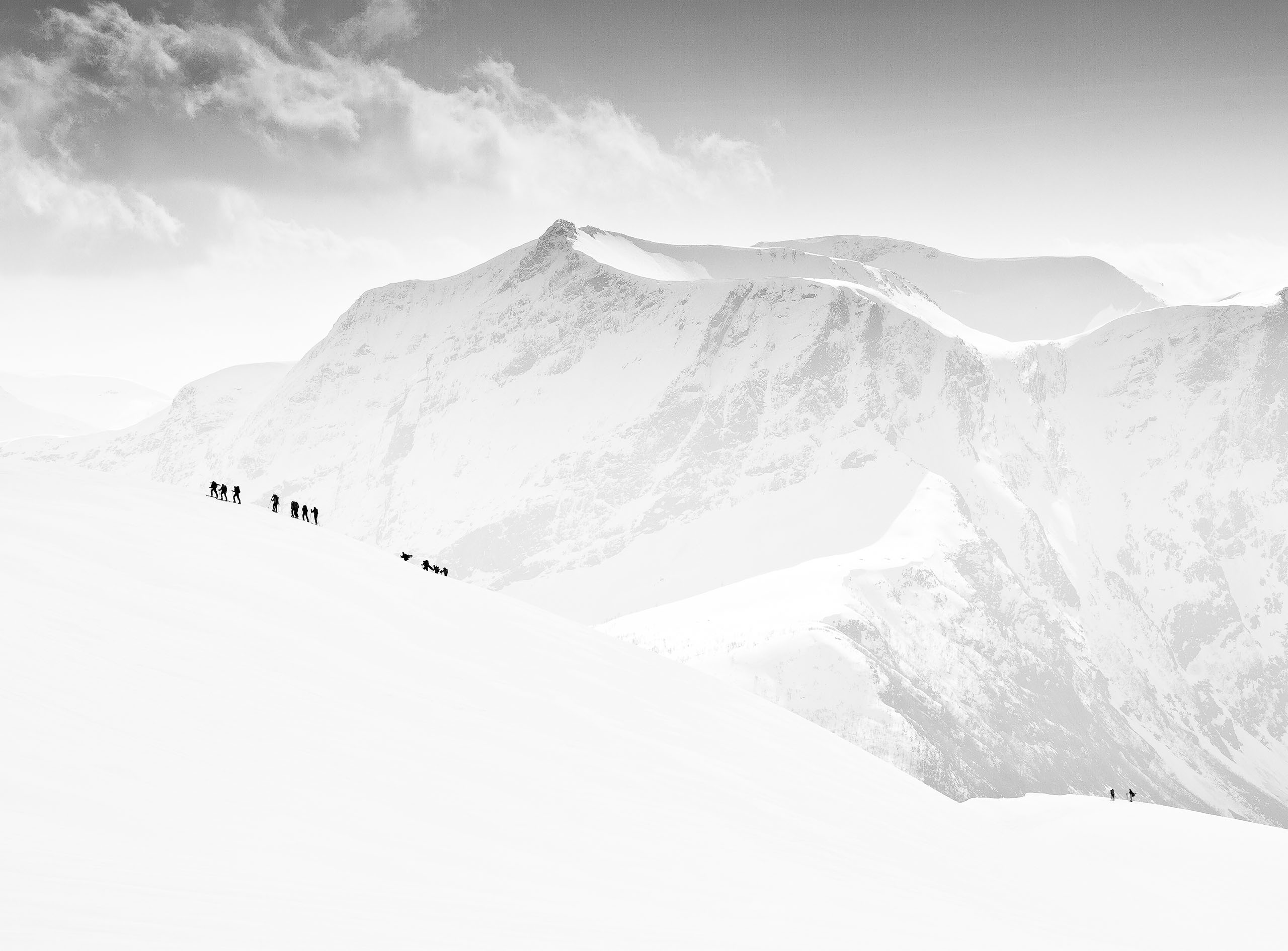
|
|
|
|


"Machines will be capable, within twenty years, of doing any work a man can do.” ~Herbert A. Simon (1965)
In July 2023, I attended in an AI research forum. An Amazon researcher introduced to us several AI projects currently undertaken at Amazon. During the event, we had lunch together. When she learned that I was also a photographer, she bluntly said to me: "Midjourney ended photography!"his statement, her words present the view of many professionals engaged in the cutting-edge research on generative AI. In this article, from the perspectives of both as an AI scientist and as a professional photographer, I try to thoroughly explore the profound impact that generative AI is having on traditional photography; and how we, as photographers, should face it to this challenge.
Next week: Part 6 Outlook - Photography will become more diversified.
Nowadays, it is common knowledge that artists have the copyright to their own artworks, and photographers are no exception. But the emergence of generative AI has shaken people's commonsense.
Currently, there are two opposing attitudes regarding whether AI-generated artworks should have copyright protection.
The reason for opposition is that the artistic pictures generated by AI are not obtained through human creative activities, and (U.S.) copyright law clearly stipulates that only human can have ownership of an artwork.
On September 5, 2023, the U.S. Copyright Office rejected artist Jason M. Allen's application for copyright registration of his AI generated work Theatre D'opera Spatial.
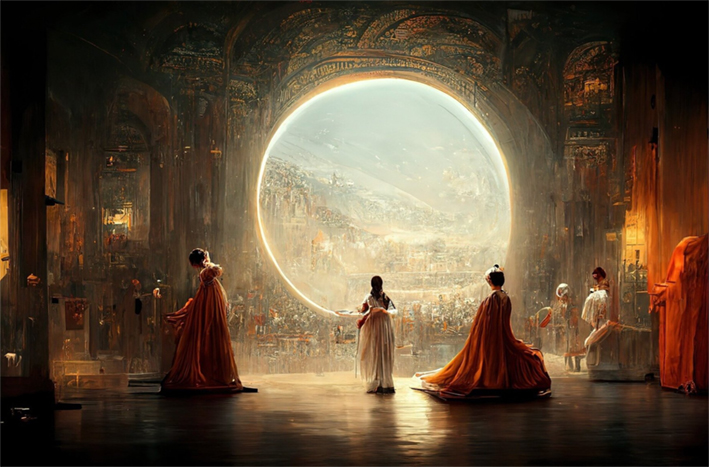 ”Theatre D'opera Spatial”. Generated on Midjourney, by Jason M. Allen.
”Theatre D'opera Spatial”. Generated on Midjourney, by Jason M. Allen.The Copyright Office concluded that using AI to create art is a "merely mechanical" process with "no place for novelty, invention or originality", and hence not worthy of copyright protection.
However, anyone who knows something about Midjourney would understand that the process of generating an image like Theatre D'opera Spatial is definitely a very creative task. It is said that Jason Allen spent more than 80 hours and used more than 600 promps to generate such a work on Midjourney.
Let’s briefly review the historical process of obtaining copyright protection for photographic works.
In the early 1880s, almost 70 years after the invention of the camera, there was ongoing controversy surrounding whether photographers' photos should be protected by copyright. The common view at the time was that photographs should not be protected by copyright because copyright should cover works that were part of a creative process, rather than a camera simply mechanically capturing whatever reality it was pointed at.
It was not until 1884 that the U.S. Supreme Court ruled in the case of photographer Napoleon Sarony, holding that his photo of Oscar Wilde should be protected by copyright. Since then, it has been widely accepted that photographers have the ownership of their own photographs (note: ordinary photos, such as snapshots, generally do not have copyright protection).
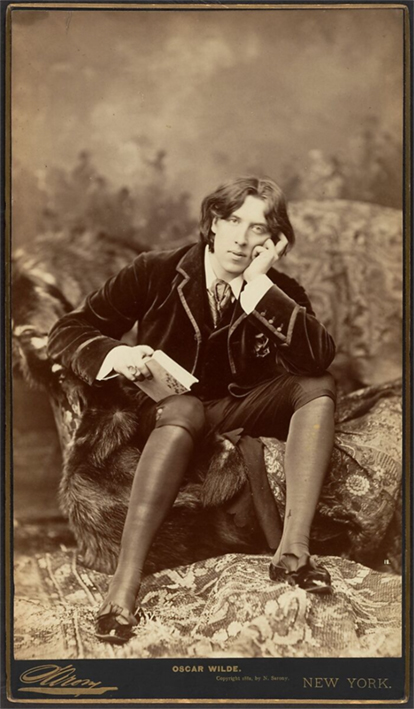
However, some people believe that we should not directly use the copyright in photography as an example for the case of AI generated artworks. Their reason is that the generative AI model is developed after training on a huge amount of dataset that may include copyrighted artists' works. Therefore, the development process of the AI model itself may violate intellectual property infringement. So, these people believe that no artworks generated by AI models should be protected by copyrightering 2024, as more and more AI artists emerge, and more generative AI is embedded into traditional photography software, there will be more and more demands from AI artists for copyright protection of AI art/photography works.
Regarding this argument, we may only wait for the legal professionals to provide more insights on this issue.

A black and white photograph or an AI generated image?
Entering 2024, as more and more AI artists emerge, and more generative AI is embedded into traditional photography software, there will be more and more demands from AI artists for copyright protection of AI art/photography works.
Under such an environment, I believe that relevant copyright laws will eventually be formulated, though this may take a long time.
The Issue of "Content Authenticity"
Another important issue related to generative AI is "content authenticity". With the increasingly widespread applications of generative AI, in practice, we need an effective method to make AI generated images or images containing AI generated elements recognisable or identifiable.
Only by finding and widely implementing this effective method will we be able to distinguish traditional photographs from images combined with AI generated technology, and thus formulate relevant rules according to our needs.
For example, with such recognizability, the above mentioned rule of the mainstream photography competition such as ILP2023: "Restrict the entry of AI generated pictures or pictures containing AI-generated elements" is truly feasible.
The Content Authenticity Initiative (CAI) currently led by Adobe provides an overall framework and standards for achieving this goal. Simply speaking, according to CAI's plan, any digital information, such as photos, videos, texts, sounds, etc., will have the essential metadata to indicate its source when it is initially generated. If this information is processed by any AI software, it will also be automatically recorded in metadata. In this way, no matter how this digital information spreads and changes, the metadata information related to it will always accompany it.
In October 2023, DALL-E.3 released by OpenAI took the lead in embedding “content authenticity" tags into the images it generates, taking the first step towards realizing CAI. However, there are still many difficulties from both technology and resource aspects to fully fulfil the goal of CAI, and it is unclear for us to predict when it will be truly popularized.
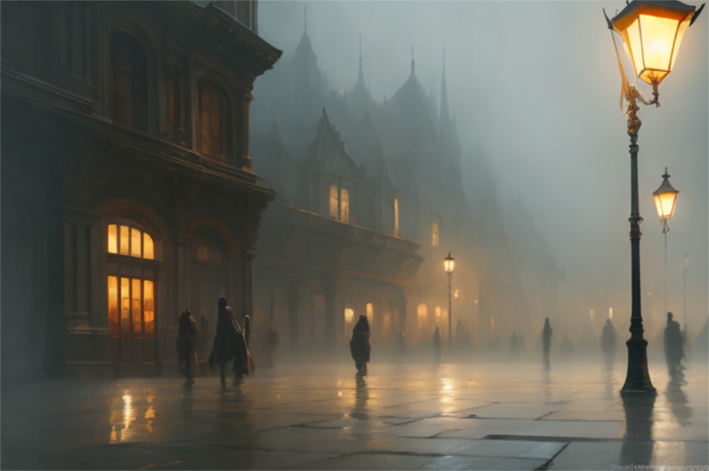 A creative photography work or an AI generated image?
A creative photography work or an AI generated image?Mini AI knowledge:
AI ethics - This is an important aspect in the field of AI. With the rapid development and widespread application of generative AI technology, its importance is more prominent than ever.
Since AI will assist or replace some human activities and decisions, and the development of AI systems involves a large amount of data, if the AI system is used improperly or the data used in its development is incorrect (inaccurate), AI will potential dangers to human society.
AI ethics is a set of principles and guidelines about how we should develop and use AI. It usually includes five principles:
- Transparency
- Impartiality
- Accountability
-reliability
- security and privacy
These principles should be incorporated into the development and application of all AI systems
 | Write |